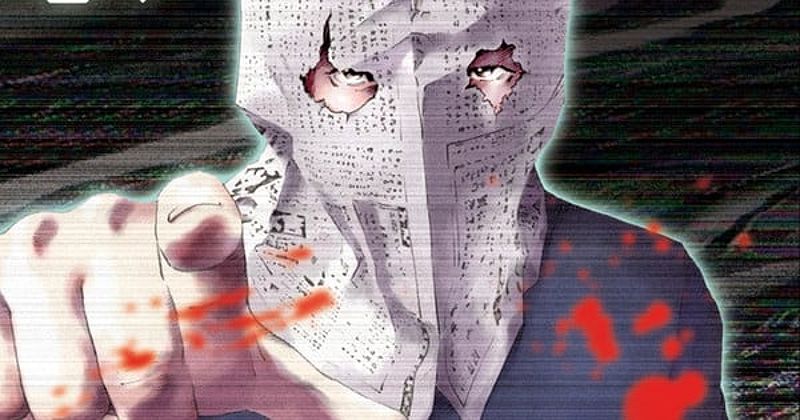Prophecy Manga Review: A Timely and Thought-Provoking Tale

Explore the thought-provoking and timely tale of Prophecy manga, delving into the dark side of the internet and its impact on society. Discover the ethical complexities of anonymity, cyber crimes, and the blurred lines between justice and vigilantism. With its realistic art style and engaging narrative, Prophecy offers a gripping examination of the digital age and its effects on human behavior.
Prophecy Manga Review: A Timely and Thought-Provoking Tale
Prophecy is a gripping manga series that delves into the dark underbelly of the internet and its impact on society. In this review, we explore how Tetsuya Tsutsui’s thought-provoking story raises questions about anonymity, cyber crimes, and the blurred lines between justice and vigilantism. With its realistic art style and engaging narrative, Prophecy offers a timely examination of the digital age and its effects on human behavior.

( Credit to: Animenewsnetwork )
An Unsettling Conundrum: Ethical Dilemmas and Conflicting Loyalties
Tsutsui sets the stage for conflicting emotions right from the start. The story follows the Anti Cyber Crimes Division of the Metropolitan Police as they investigate a mysterious figure known as “Paperboy.” This individual posts videos online, targeting individuals who have committed wrongdoings. While their actions are despicable, the police’s questionable methods and treatment of suspects raise ethical concerns. This conundrum forces readers to question their loyalties and challenges traditional notions of justice.
Prophecy explores the idea that these acts, although not prosecutable by law, deserve retribution. While readers may condemn Paperboy’s actions, there is an undeniable sense of satisfaction in seeing these individuals face consequences for their words. The manga grapples with the morality of punishing individuals for their thoughts rather than their deeds, blurring the lines between justice and revenge.
Vigilantism in the Digital Age: Justice, Revenge, and Morality
Paperboy’s targets are individuals who have bragged about their online crimes, such as victim-blaming or cyberbullying. Prophecy explores the idea that these acts, although not prosecutable by law, deserve retribution. While readers may condemn Paperboy’s actions, there is an undeniable sense of satisfaction in seeing these individuals face consequences for their words. The manga grapples with the morality of punishing individuals for their thoughts rather than their deeds, blurring the lines between justice and revenge.
A Twist of Mystery: Intrigue and Suspense
Tsutsui masterfully incorporates elements of mystery into Prophecy, keeping readers on the edge of their seats. The crimes committed by Paperboy are shrouded in ambiguity, with conflicting accounts of his physical appearance adding an air of intrigue. The police’s struggle to solve the crimes and the public’s increasing support for Paperboy create a captivating narrative that keeps readers engaged throughout.
Realism in Art: Authenticity and Visual Impact
One notable aspect of Prophecy is its realistic art style, which sets it apart from other manga. The characters have diverse body types, deviating from the typical visual tropes found in the genre. Tsutsui also incorporates real brand names into the artwork, adding a layer of authenticity to the story. However, the abundance of light grays in the art occasionally makes it challenging to discern details.
Conclusion: Contemplating the Ethical Complexities of the Digital Age
Prophecy’s first volume is a thought-provoking exploration of the digital age and its impact on society. Tsutsui skillfully weaves a narrative that forces readers to question their moral compasses and consider the consequences of their actions online. The manga’s realistic art style adds depth to the story, while its engaging mystery keeps readers hooked until the very end. Prophecy is a timely and compelling read that will leave readers contemplating the ethical complexities of the internet era.




